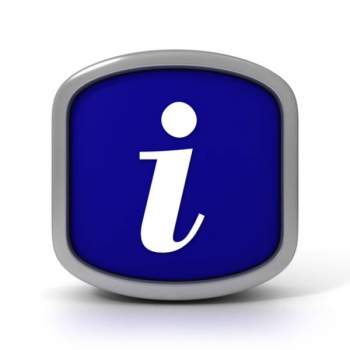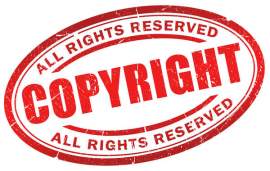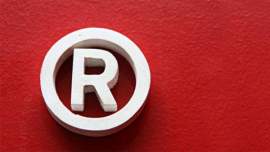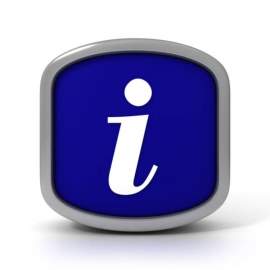
Uncover the Facts of Reproduction by Libraries and Archives

Popular In Copyright
Copyright Law Copyright Infringements What Is Copyright Legal Consequences Of Plagiarism Copyright Free Image Florida Prepaid Postsecondary Education Expense Board V College Savings Bank Famous Cases Of Copyright Law Copyright A Book Library Of Congress Copyright Copyright Laws For Motion Pictures Copyright Infringement Punishment Copyright Symbol
It is not considered to be copyright infringement for a library or archive to make one copy of a phonorecord. Protection extends down to the library or archive’s employees. The reproduction of the phonorecord must not be for commercial gain, directly or indirectly. To not infringe on copyright rights of a creator, a library or archive that creates a copy of a work must open that work to the public as well as anyone performing research in a field related to the copied work. A notice that the work is copyrighted must be included on the original and the copy of the work. The copy must clearly state that the work is copyrighted and may not be illegally used or copied for financial gain.
Phonorecords may be copied no more than three times by a library
or archive for preservation purposes. To not impede any copyright rights, the
copied material must have already been in the collection of the library or
archive. Any phonorecord that is reproduced in digital format cannot be
distributed outside of the library in that format. The public is not allowed
access to the coped digital recording outside the library.
If the original phonorecord is
lost, damaged, or stolen the library must attempt to purchase another original
copy. This is to ensure the creator is receiving their exclusive rights of
ownership. An exception may be made if an original copy cannot be obtained at a
reasonable price. The copies made into digital format cannot exist outside of
the library.
No library employee shall be subject to copyright infringement if
they are using machines that are capable of making copies as long as they are
following copyright laws and the machines they use clearly show the material
copied is copyright protected and the exclusive rights belong to the creator.
Any use of a copy machine for use outside the library, whether it be for
financial gain or not, is illegal. The reproduction by libraries and archives
shall not affect in any way the laws of fair use copyright.
Any misuse of a copying machine is the fault of the person doing
so, not the entire library. Commercial gain based on the copying of
phonorecords in the current archives of a library is illegal. An original copy
must be maintained especially if the price to acquire the original copy is
reasonable. The rules set forth for the copying of a phonorecord by a library
or archive only apply to sound recordings. Literary works, graphics and
pictures have a different set of rights that come with ownership of those
things.
NEXT: Understanding Attribution and Integrity




















